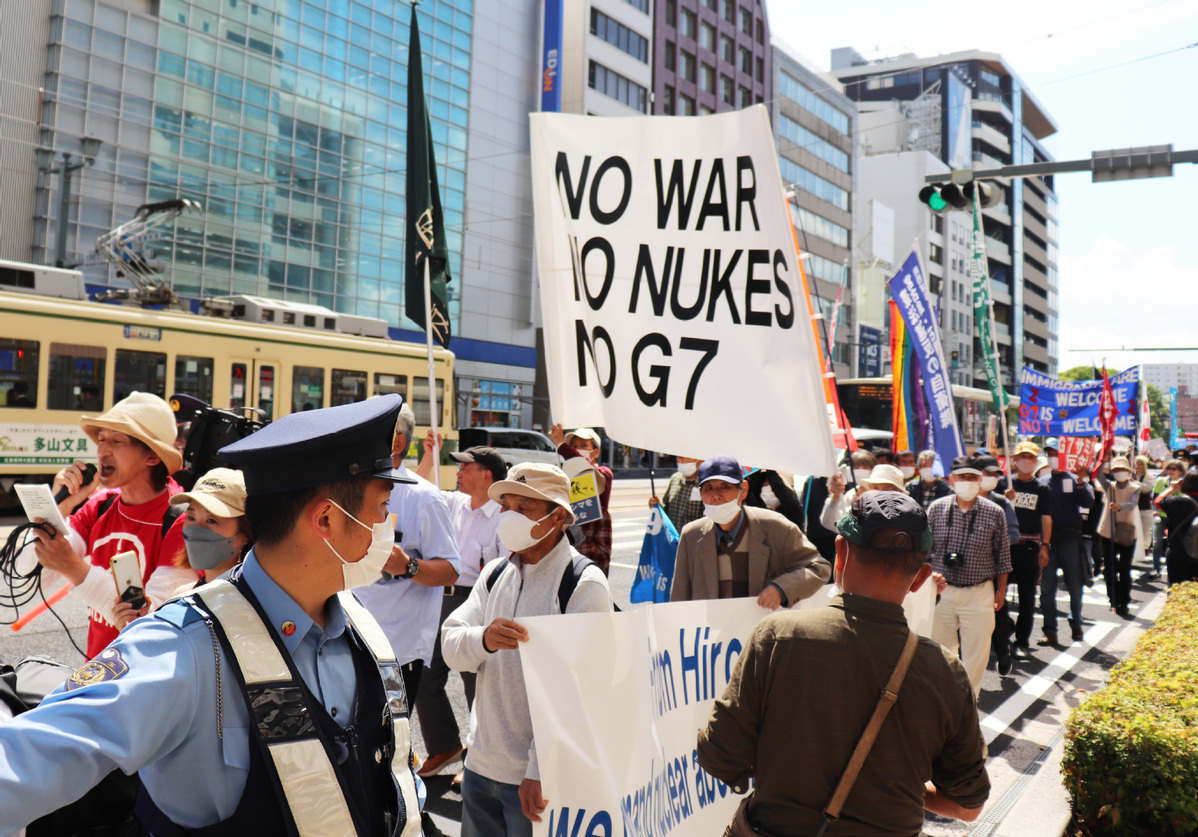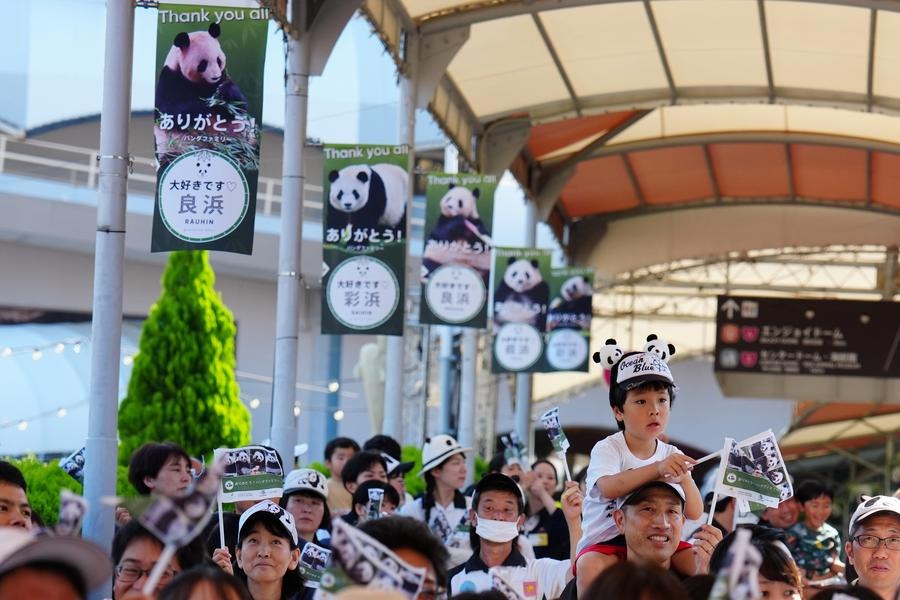G7's coercion claim slammed as 'absurd'

US, allies urged to abandon hypocritical finger-pointing, hold talks with Beijing

The United States and its Western allies have been the major perpetrators of economic coercion that have inflicted suffering on millions of people around the world, according to international experts and scholars.
G7 leaders meeting in Hiroshima, Japan, from Friday to Sunday are set to issue a statement that includes their concerns about alleged economic coercion by China, Reuters reported, citing unnamed US officials.
"The report that the G7 may call out China's economic coercion is hypocritical given that the US is by far the world's biggest deployer of unilateral coercive measures," said Jeffrey Sachs, a Columbia University economist who served as a special adviser to the UN secretary-general from 2001 to 2018.
Research by Francisco Rodriguez, a professor at the University of Denver's Josef Korbel School of International Studies, has found that economic coercion by the US, the European Union and other Western allies has devastated vulnerable groups in targeted countries and degraded living standards.
He reports that 30 of 32 studies on the effects of economic sanctions by the US and others found that they had negative effects on outcomes including per capita income, poverty, inequality, mortality and human rights.
In the cases of Iran, Afghanistan and Venezuela, sanctions that restricted government access to foreign exchanges affected the ability of those states to provide essential public goods and services, and had substantial negative spillovers on private sector and nongovernmental actors, according to the research published online on May 4 by the Washington-based Center for Economic and Policy Research.
Better approach
"Rather than accusing China of what the G7 itself does, a much better approach by the G7 would be to call for discussions with China so that all countries ensure that economic and trade measures are compatible with the UN Charter and World Trade Organization rules," Sachs said.
He said the G7 represents a group of wealthy countries allied with the US that accounts for 10 percent of the global population and 31 percent of global GDP at international prices. By comparison, BRICS — a bloc comprising Brazil, Russia, India, China and South Africa — represent 40 percent and 32 percent respectively.
"The G20, which brings the two (G7 and BRICS) together and others, is a much more representative grouping," he said, adding that the G20 should be expanded to include the African Union to increase representation.
Chinese Foreign Minister Qin Gang said on Jan 11 at the inauguration of the headquarters of the Africa Centers for Disease Control and Prevention in Addis Ababa, Ethiopia, that China was the first country to support the AU in joining the G20 and will encourage G20 members to take robust steps to support a greater role for the AU and African countries in the global governance system.
Joseph Stiglitz, a Nobel laureate in economics, warned on Friday that "hostile" US policy risks splitting the world into two blocs. He urged the West to offer investment not "lectures" to developing countries.
"It would be a good idea … for the other G7 countries to try to put pressure on the United States and say, what you're doing is forming the world into two blocs, and that will be hard," he told the Agence France-Presse on the sidelines of the G7 ministerial talks in Japan.
Stiglitz warned that competition between US Democrats and Republicans to look tough on China could undermine international action on climate change and other global crises.
Carlos Martinez, co-editor of Friends of Socialist China, a London-based platform, echoed Sachs by saying that "any accusation of Chinese economic coercion is beyond absurd".
"The US is by far the global leader in unilateral sanctions," he said, citing the cases of Iran, Syria, Cuba, Venezuela, Eritrea, Zimbabwe, the Democratic People's Republic of Korea, and China.
Martinez added that the US has been using the role of the dollar in the global economy to apply long-arm jurisdiction, forcing third parties to go along with its sanctions regime.
"The G7 states are all involved in multiple forms of economic coercion, and to accuse China of doing so is hypocritical in the extreme," he said.

































